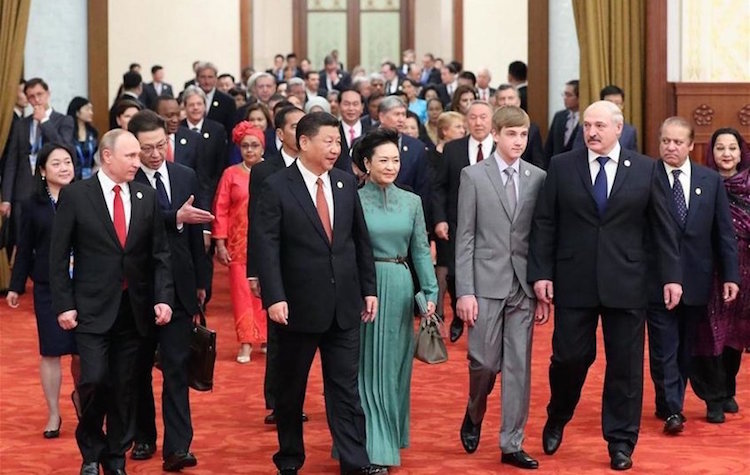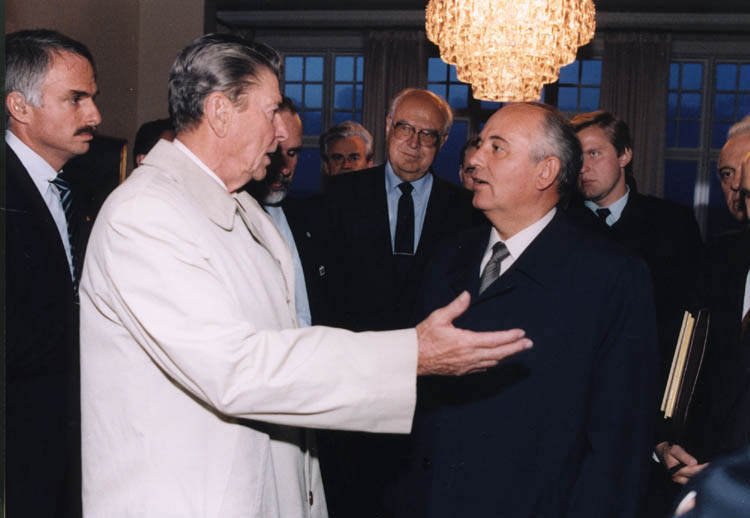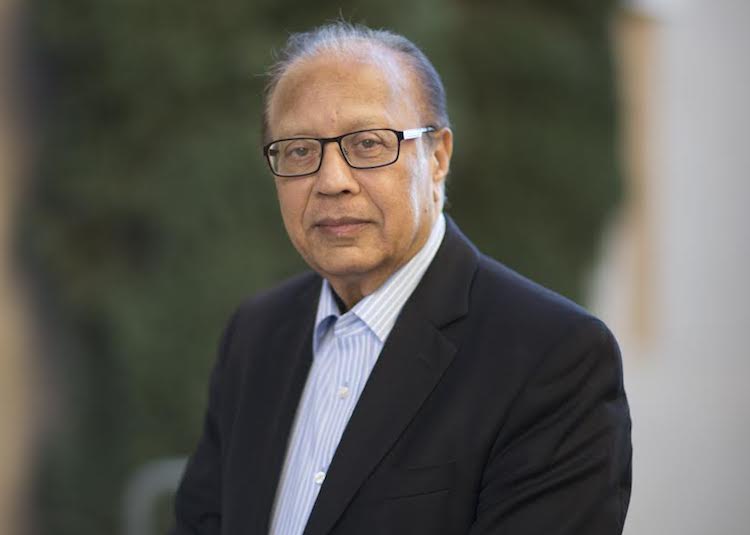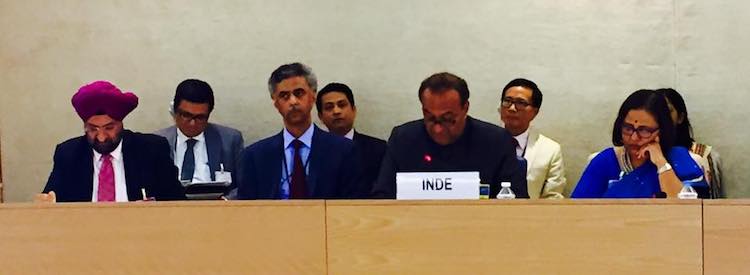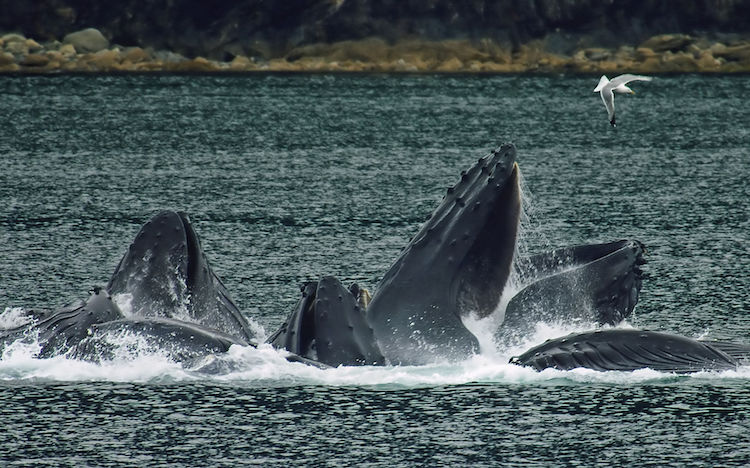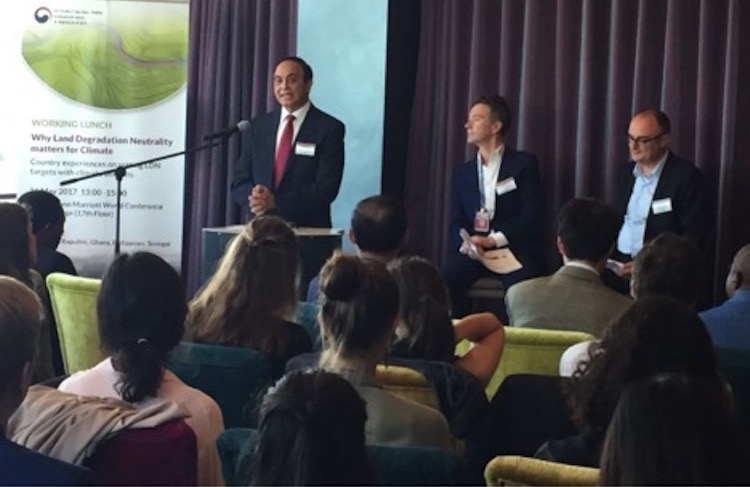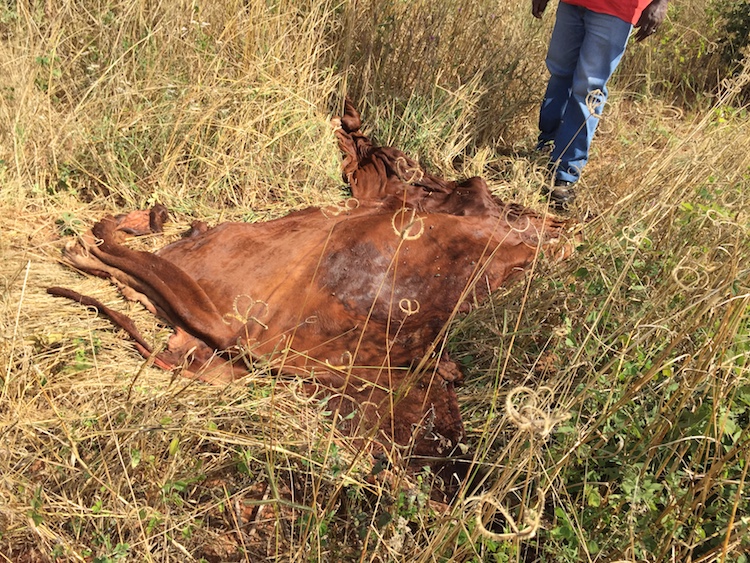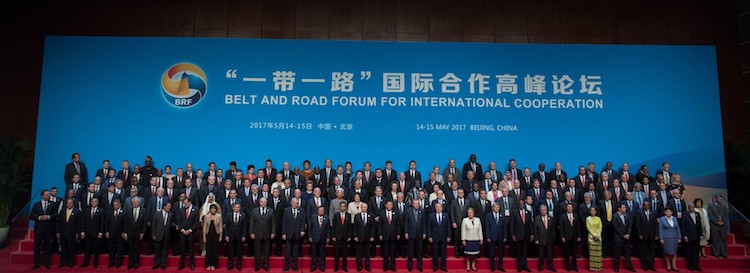Analysis by Kalinga Seneviratne
BANGKOK (IDN) – When China hosted a two-day conference in May to help revive the ancient trade routes from Asia to Europe and Africa it was greeted with scepticism by most of the western media. But in much of Asia the mood was more of optimism and opportunity.
CNN reported that “some countries raised concerns over the project seen as boosting Beijing’s global clout on trade and geopolitics” – a reoccurring theme in many of the western media reports. While pointing out that the U.S., Japan, India and most of the European leaders had boycotted the meeting BBC described it as a Chinese bid for global leadership. Australia’s ABC said that China wants its ‘new Silk Routes’ to dominate world trade.

